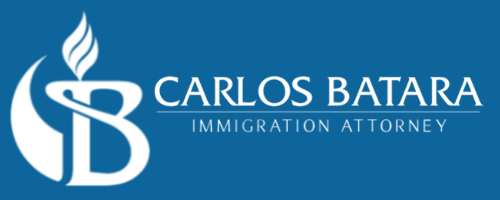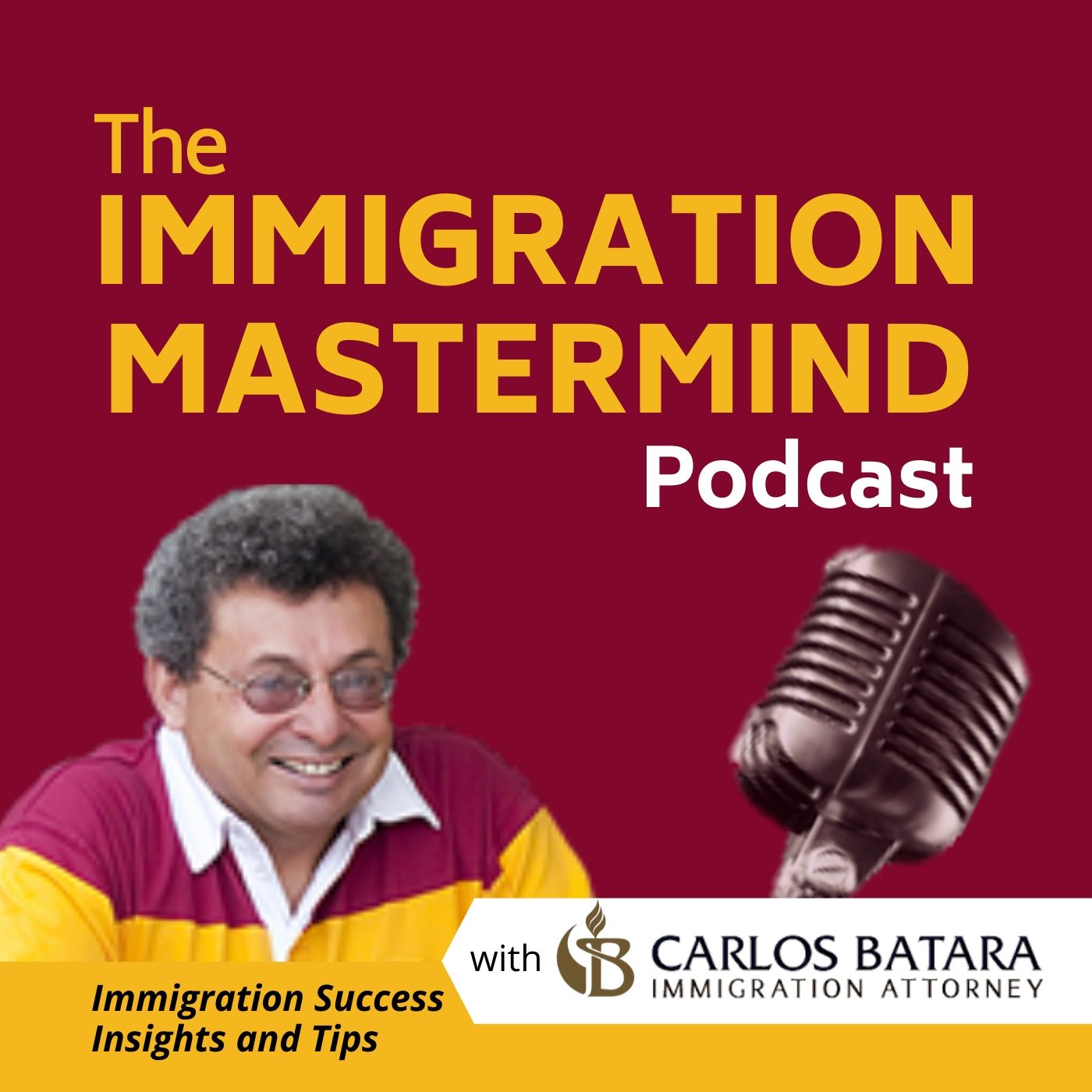Core Hardship Issues
I am not a fan of hardship letters.
In a previous episode, I outlined my opposition. However, I realize some folks, seeking I-601 waivers, will proceed forward anyway.
As a result, I will discuss the six most common hardship issues discussed in government websites.
On two conditions.
That you agree to call, minimally, what you write “a Hardship Statement”. Not a Hardship Letter.
That you agree to develop strong evidence to support each of the issues discussed in your Hardship Statement.
Related Podcasts:
Episode 208: Why I Do Not Write Hardship Letters
Episode 40: Ditch Robotic Hardship Formulas
Recommended Links For More Information:


